My Forty-Year-Old Research Finds New Home at the Smithsonian
Recently I was at the Smithsonian’s National Museum of African American History and Culture (NMAAHC), which is digitizing my collection of slides, black and white prints, and drawings of houses and communities, since a house I had documented in 1979 is on exhibit there.
My binders of slides and folders have been traveling with me these many years, so it is wonderful that they will be digitized and available for use via the museum and the Maryland Historical Trust. The work will take place at the Smithsonian’s storage facility in Maryland, where we met.
Many thanks to museum staff Leah L. Jones and Angela Winand, to Lara Westwood and Marcia Miller from Maryland Historical Trust, and Sarah Hedlund from Montgomery County Historical Society for their professional advice, curatorial care, and fine work as shown in the image gallery below:
Below are a few sample images from my research — there is a story behind each, which will be told in greater detail through my notes and oral histories from the late 1970s when I was a grad student at Duke. Back then I worked for the Maryland Historical Trust and Sugarloaf Regional Trails, documenting houses and buildings in historical African American communities in Montgomery County, Maryland. Little did I know then, but almost 40 years later one of those houses would be selected for exhibition in the Smithsonian’s National Museum of African American History and Culture. Now designated as the “Freedom House”, it was built in 1874 by newly emancipated African Americans and represents the kinds of houses built soon after “freedom.”
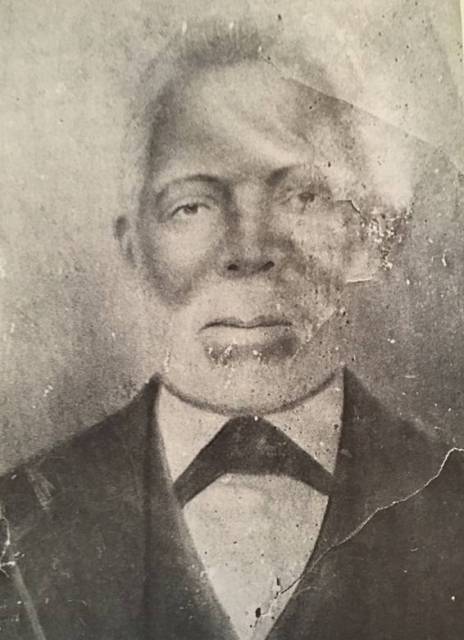

From my early research, an image of John Peters – born during slavery, he was a blacksmith and grandfather to the Jones family.

WWI soldiers, Lemuel Graham, Martinsburg

Poolesville School, circa 1927
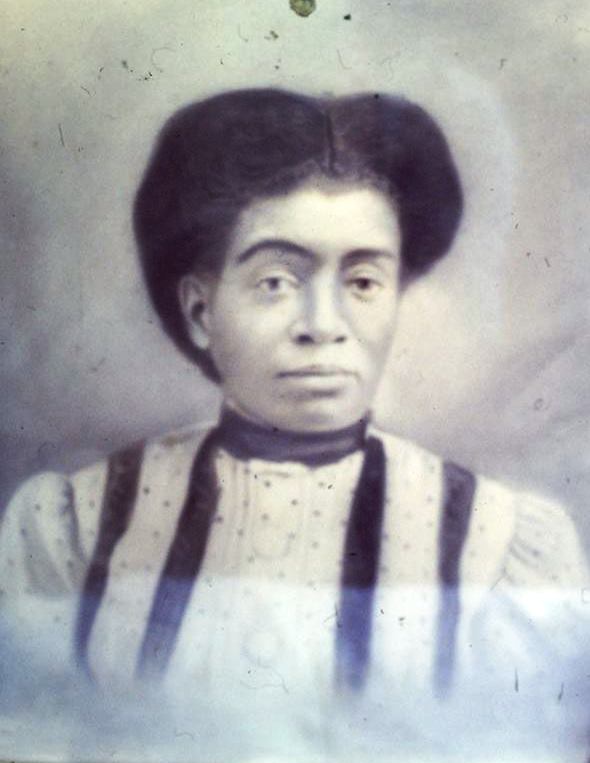
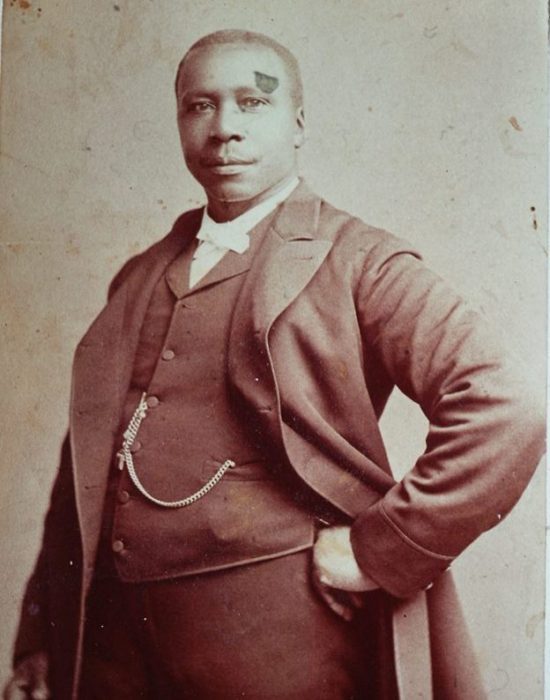
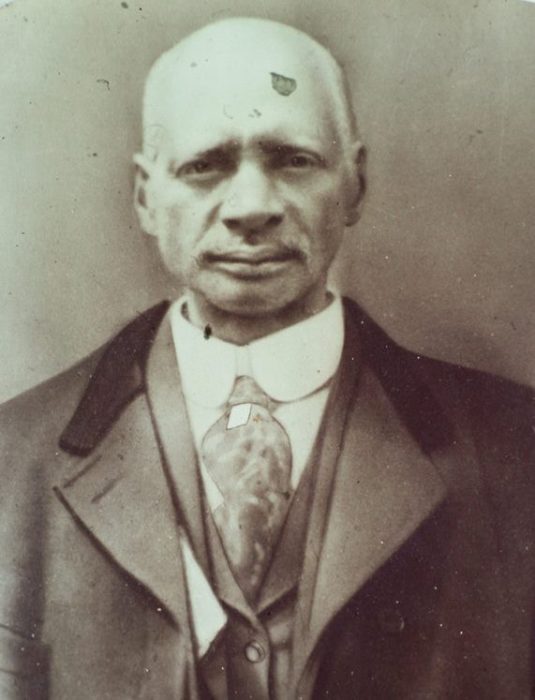
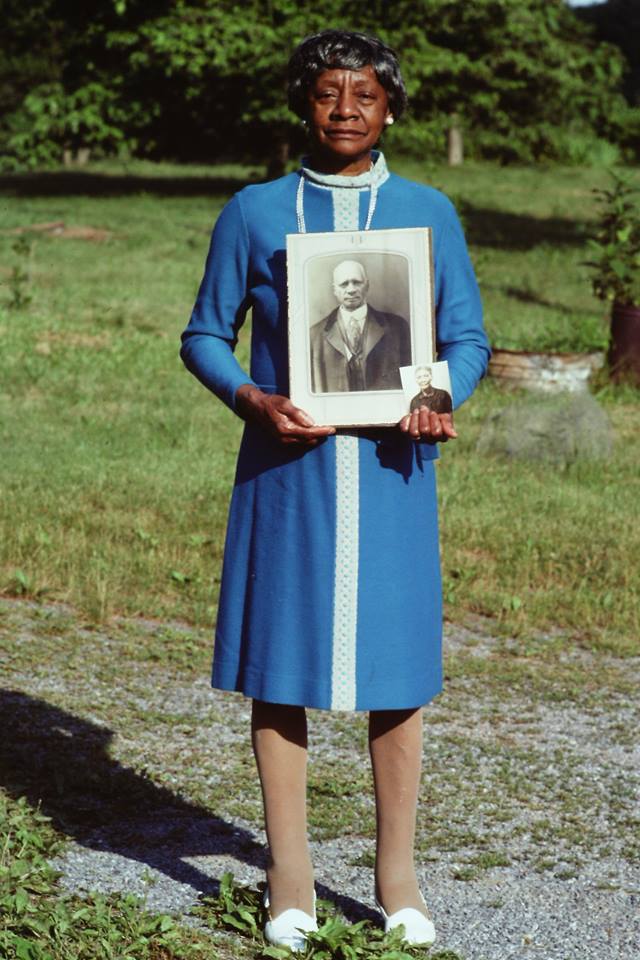
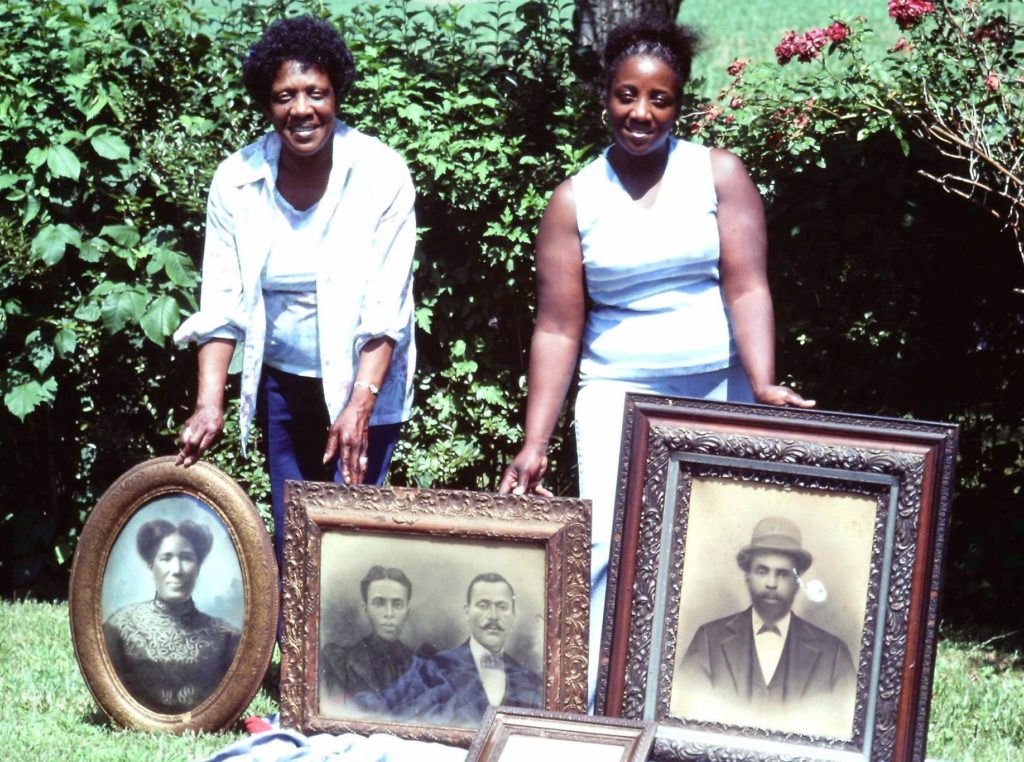

The Duffin family home with their family bibles.
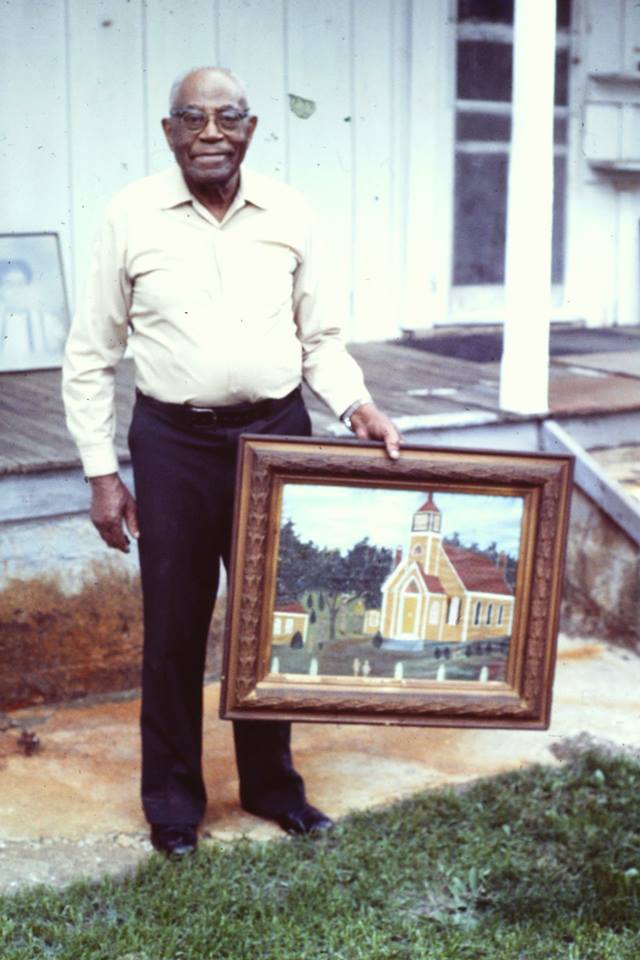

With Paul Sims, left, during my research of the Jones-Hall-Sims House in the late 1970s. While a grad student at Duke, I worked for the Maryland Historical Trust and Sugarloaf Regional Trails, documenting houses and buildings in historical African American communities in Montgomery County, Maryland.
 George W. McDaniel, Ph.D., is President of McDaniel Consulting, LLC, a strategy firm that helps organizations use history to build bridges within itself and to its broader constituents. The company’s tag line, “Building Bridges through History,” is grounded in McDaniel’s personal beliefs and his experience in site management, preservation, education, board development, fundraising, and community outreach. Rather than using history to divide us, he strives to help organizations use history, especially local history, to enhance cross-cultural understanding and to support local museums, preservation, and education. Dr. McDaniel led volunteer efforts with Emanuel AME Church and historical organizations in Charleston to use historic preservation to enhance racial reconciliation and healing. McDaniel is also the Executive Director Emeritus of Drayton Hall, a historic site in Charleston, SC, owned by the National Trust for Historic Preservation. He retired from Drayton Hall in 2015 after 25 years of distinguished service.
George W. McDaniel, Ph.D., is President of McDaniel Consulting, LLC, a strategy firm that helps organizations use history to build bridges within itself and to its broader constituents. The company’s tag line, “Building Bridges through History,” is grounded in McDaniel’s personal beliefs and his experience in site management, preservation, education, board development, fundraising, and community outreach. Rather than using history to divide us, he strives to help organizations use history, especially local history, to enhance cross-cultural understanding and to support local museums, preservation, and education. Dr. McDaniel led volunteer efforts with Emanuel AME Church and historical organizations in Charleston to use historic preservation to enhance racial reconciliation and healing. McDaniel is also the Executive Director Emeritus of Drayton Hall, a historic site in Charleston, SC, owned by the National Trust for Historic Preservation. He retired from Drayton Hall in 2015 after 25 years of distinguished service.
A frequent writer, speaker, and facilitator about such issues, he can be reached atgmcdaniel4444@gmail.com or through his website at www.mcdanielconsulting.net.
Header Image: Reviewing my books, slides, and documented oral histories with staff from the Smithsonian’s National Museum of History & Culture, Maryland Historical Trust, and Montgomery County Historical Society.
All images courtesy of the author unless otherwise noted.
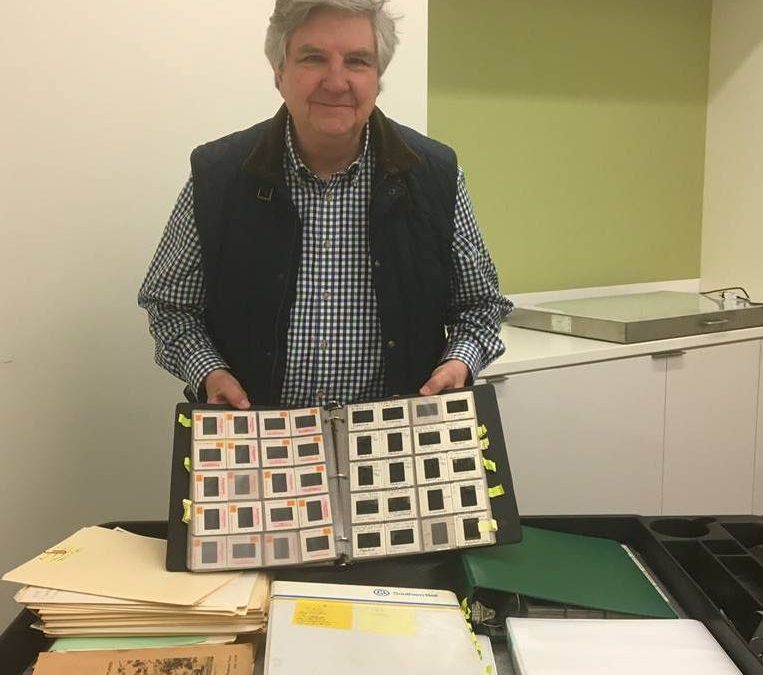

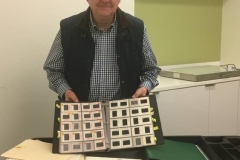
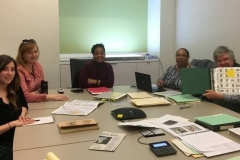
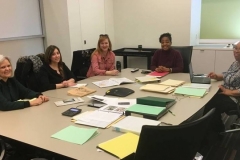
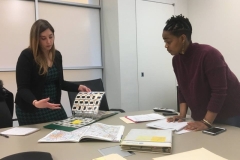
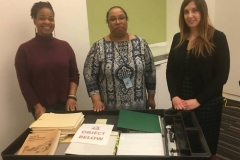
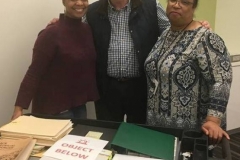
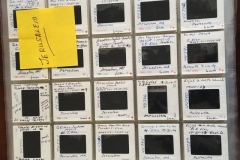
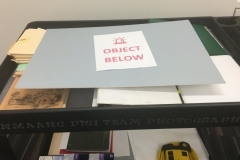
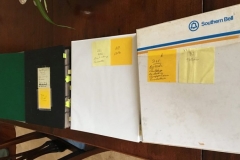
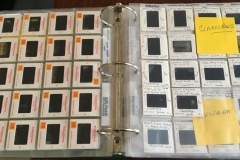
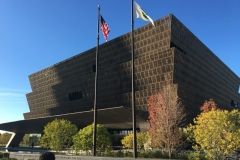
 McDaniel Consulting LLC is a strategy firm that helps organizations use history to build bridges within itself and its broader constituents.
McDaniel Consulting LLC is a strategy firm that helps organizations use history to build bridges within itself and its broader constituents.